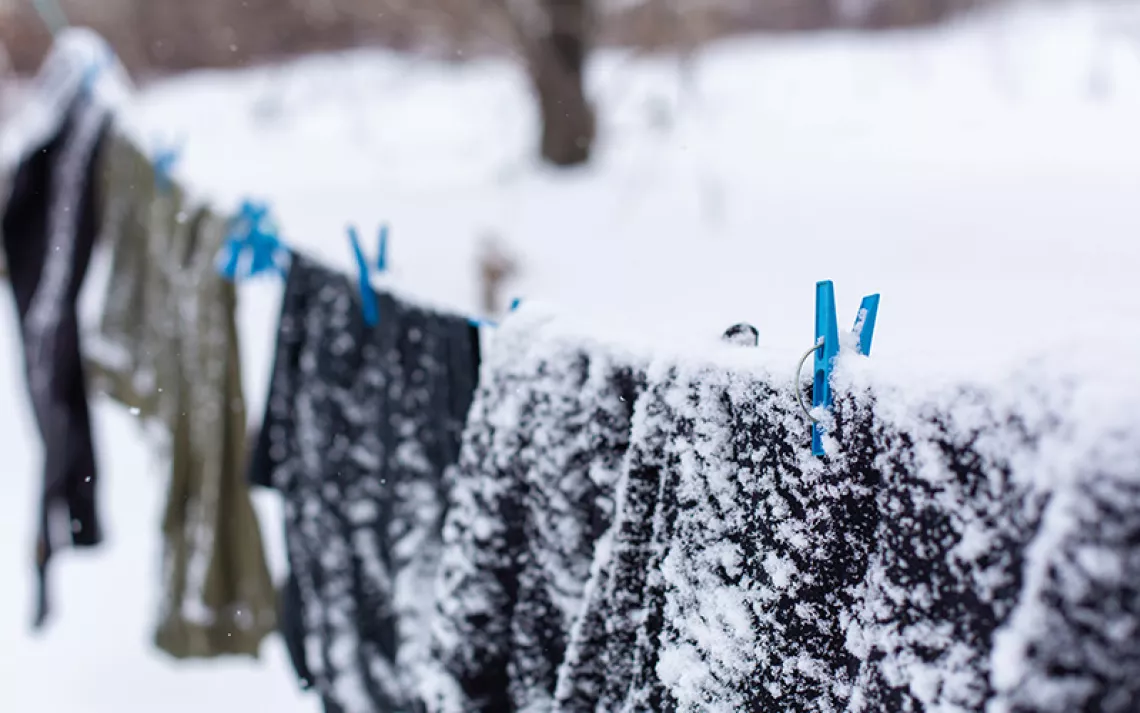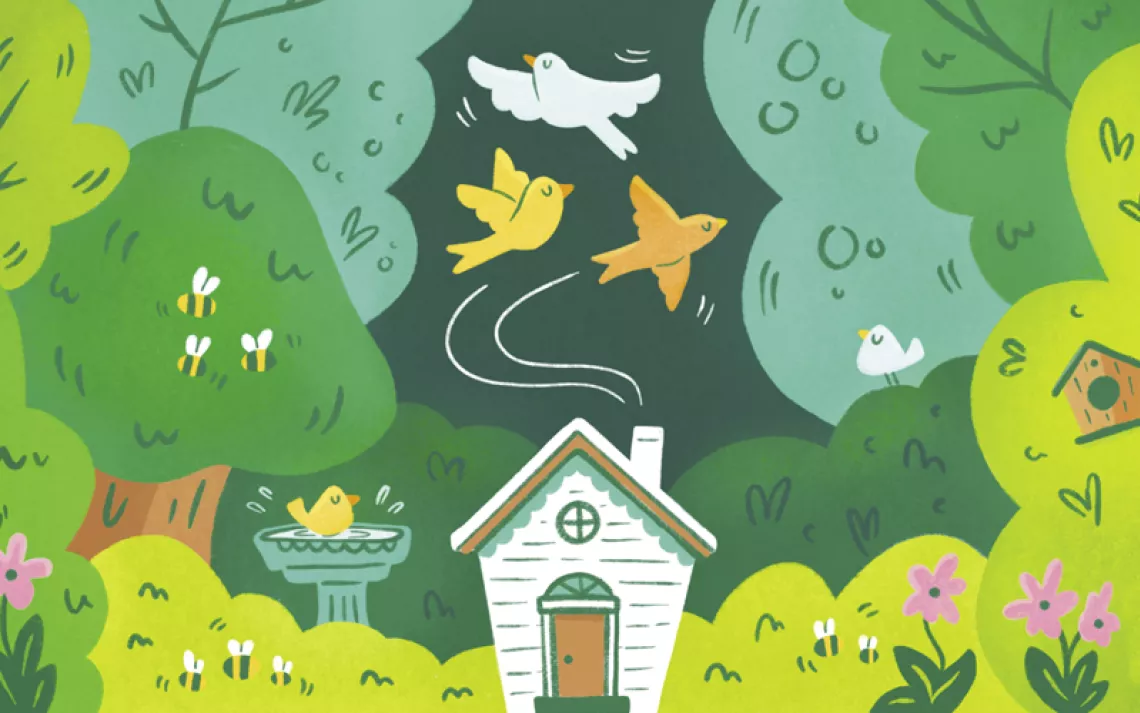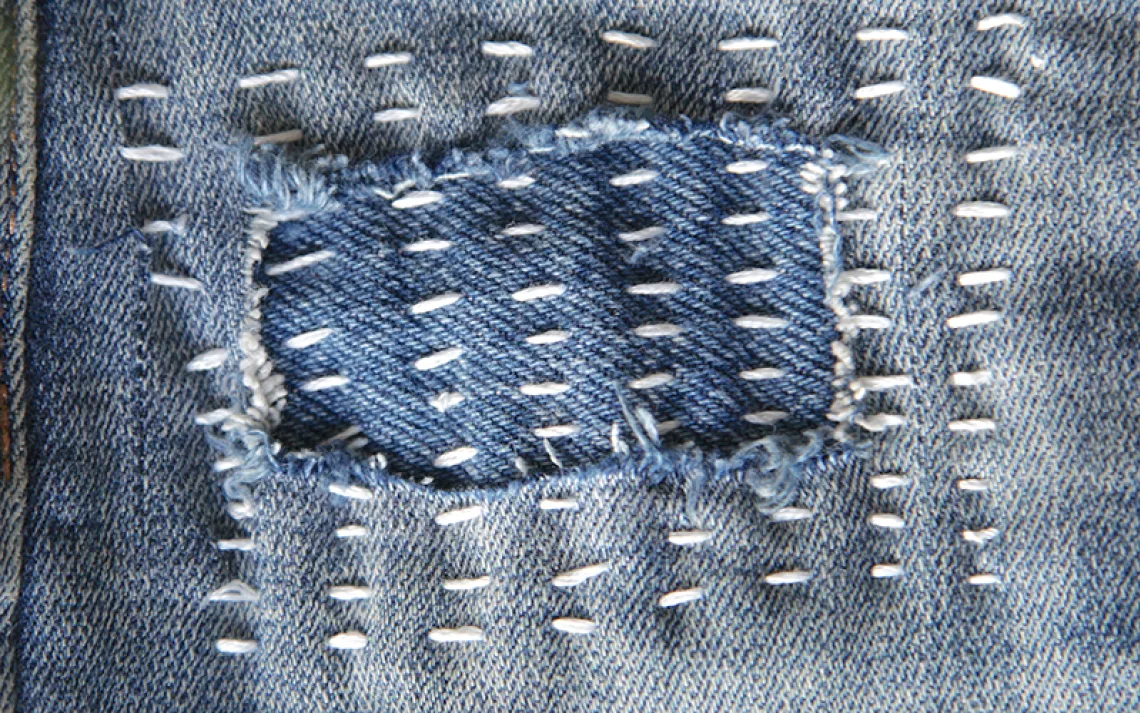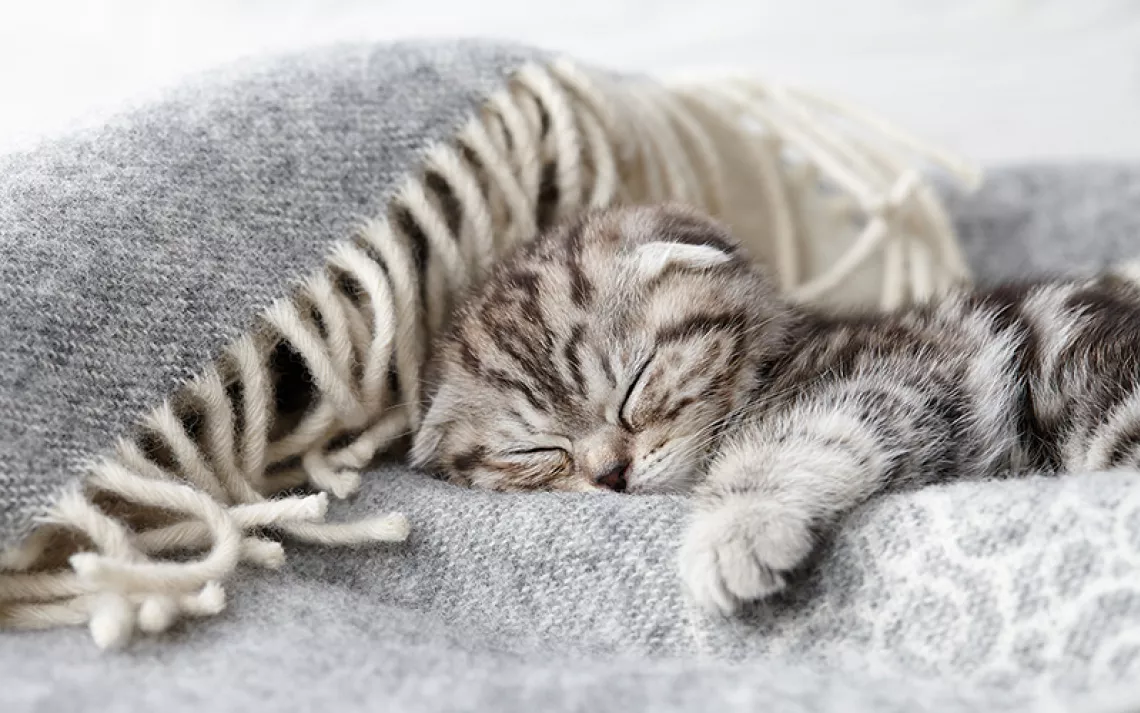Living Minimally

'Tis the season for sales. We've got Black Friday, Small Business Saturday, and Cyber Monday -- days designated for buying more stuff. Yet most of us have spent the better part of a Sunday afternoon decluttering our homes and unloading bags full of unwanted goods at our local thrift store. Do we really need to buy all of those things in the first place? Living minimally makes way for more time, money, and opportunity in our lives.
“We all have limited time, energy, and money. The world by itself has limited life, and if we are using those resources for manufacturing things that don’t enhance our lives then it is a waste of our resources,” said minimalist Joshua Becker, author of Simplify: 7 Guiding Principles to Help Anyone Declutter Their Home and Life, and BecomingMinimalist.com.
Living minimally is about detaching ourselves from material things and connecting ourselves instead to people and the invaluable experiences life can provide --putting our money instead toward our futures and/or to those in need.
The minimalist lifestyle becomes appealing when it becomes necessary. In June 2001, Time magazine writer Janice Castro termed the movement “the humble makings of a revolution,” in which Americans were slowly trading in consumerism for contentment and finding joy in everyday moments rather than attaching themselves to status symbols. This movement was mostly tied to the economy, and it seems that today it is tied to the environment.
According to Becker, however, minimalism can have a lasting impact on our wallets as well as our environment, but the appeal to minimalism must come through an engrained desire to change our lives and consumer habits.
Becker writes on his website, “We have found that the intentional rejection of excessive consumption opens the door for contentment to take root in our lives.”
Want to try to live with less? Becker stated three ways to begin living a minimalist lifestyle:
1) Realizing possessions do not add value or bring happiness to our lives.
2) Deciding that we have enough. Once our basic needs are met—food, clothing, shelter—understanding that spending money on items such as a bigger TV will not make us happy long term.
3) Spending time in our community and committing to more lasting pursuits, such as using our money to help those in need.
“We tend to live very selfish, me centered lives where we think that a bigger house or a nicer car will bring our lives fulfillment or happiness. Those things fade away, literally rust and spoil and break. We could use that same money to improve any number of concerns in the world,” Becker said.
Though we might try to keep up with the Joneses, we know the truth: We won’t reach the end of our lives and wish we had owned more stuff.
 The Magazine of The Sierra Club
The Magazine of The Sierra Club



